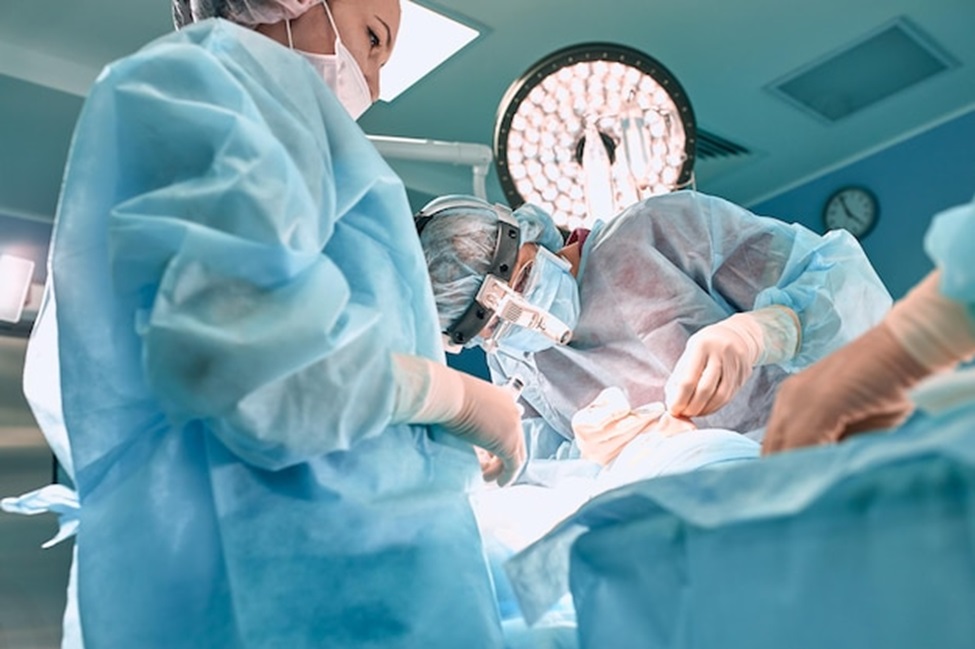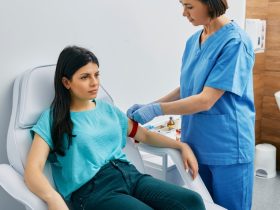Prostate cancer surgery, also known as radical prostatectomy, is a procedure performed to remove the entire prostate gland and some surrounding tissue in order to treat prostate cancer. While it is a major surgery that does come with some complications and a recovery process, focusing on being well-prepared can help ensure the best possible surgical outcome. Let’s take a closer look at what to expect from prostate cancer surgery.
Preparing your Mind and Body
One of the most important things you can do to get the most out of your prostate cancer surgery is to prepare your mind and body. Use the time before your procedure to establish healthy habits that will aid your recovery. Some key preparations to focus on include: –
- Diet and exercise– Adopting an anti-inflammatory diet heavy in fruits and vegetables and lean proteins will give your body optimal nutrition to heal from surgery. Gentle exercise like walking daily can improve strength and endurance for recovery.
- Support system– Surrounding yourself with a strong support network of family and friends can provide emotional comfort and practical help during recovery. Make a plan for aftercare assistance.
- Medical optimization– If needed, work with your medical team to optimize any chronic conditions like high blood pressure, diabetes, or varicose veins in advance. Being as healthy as possible minimizes surgical risks.
- Knowledge– Thoroughly research the procedure and expected recovery timeline so there are no surprises. Ask your surgeon any questions to ease your mind. An informed patient partners best with their care team.
Going into surgery with these preparations in place sets the foundation for a smoother experience both during the procedure and healing afterward. Having that peace of mind can help nerves and allow you to focus on recovery.
Recovering from Prostate Cancer Surgery
The first couple weeks after surgery are focused on resting, managing pain, and learning self-care basics like walking, eating, and hygiene. Here are some common recovery milestones:
Immediate Aftermath
- Drains and catheters will be in place for urinary drainage
- You may have some pain, bruising, and swelling around the incision area
- Small amounts of blood in urine are normal as tissues heal inside
- Focus on deep breathing, ankle pumps, and slow walks daily
First Week
- Pain should be decreasing but there may be some discomfort from bladder spasms
- The catheter will likely remain for urinary control as the swelling goes down
- Light activity and sleep is a priority overexertion
- Support compression garments can ease pain from swollen tissues
Second Week
- Catheter removal usually occurs if urine flow looks normal
- Gradual return to light household chores and tasks is fine
- Bruising will fade while the incision heals internally
- Consider pelvic floor exercises like Kegels to build strength
Six Week Checkup
- Follow-up visit with urologist to assess prostate bed healing
- May begin driving short distances if pain allows full movement
- Sexual activity and exercise can cautiously resume
- Many feel around 80% back to normal energy levels
Summary
In conclusion, while prostate cancer surgery may seem daunting, being well-prepared mentally and physically followed by patience during recovery provides the ideal path forward. Modern medicine allows most men excellent long-term cure rates alongside a high quality of life. Listen to your surgeon’s guidance and give your dedicated body the care it deserves to heal. With diligent self-care, many regain excellent physical abilities and find cancer no longer defines them. Perseverance pays off as you gain months of feeling empowered once again.








